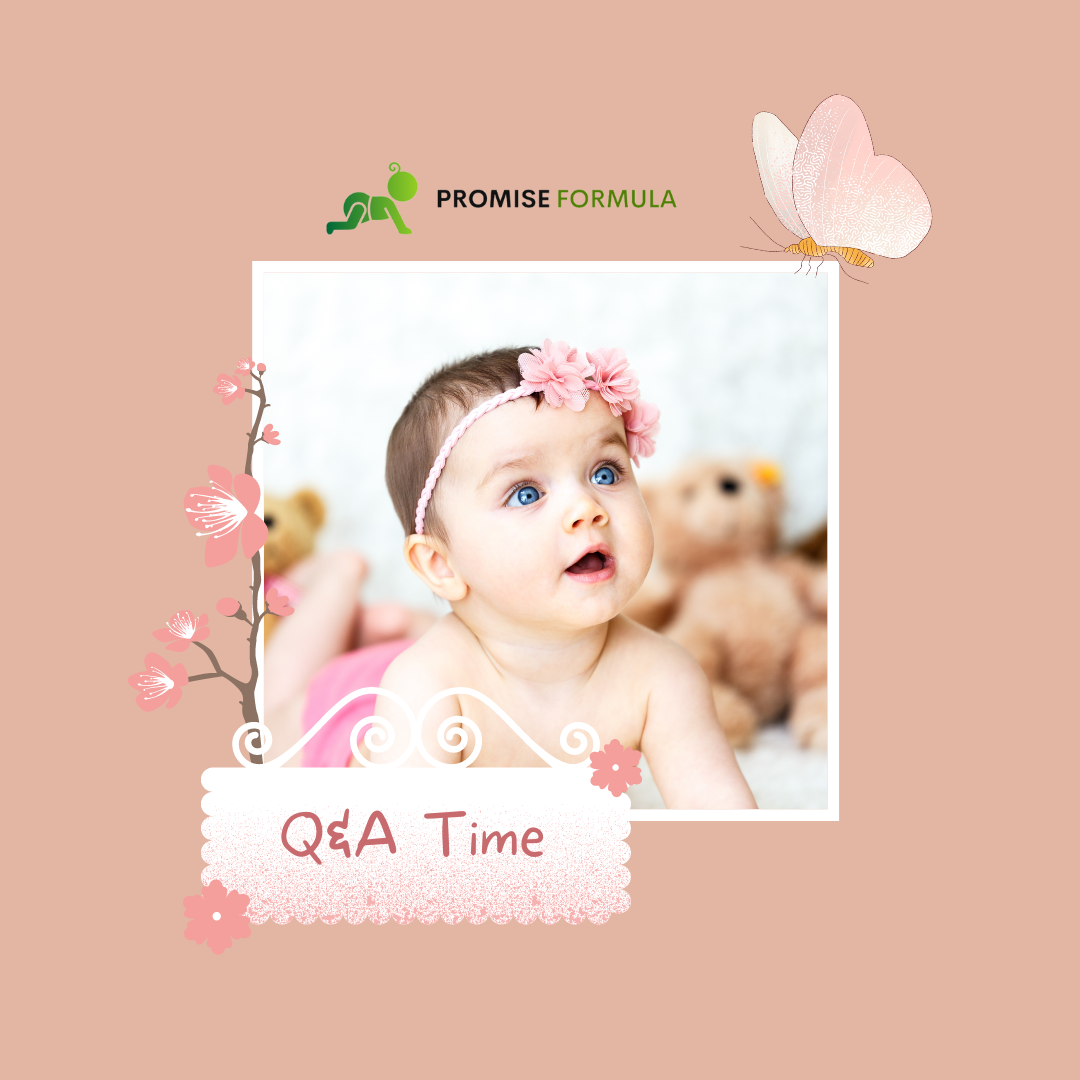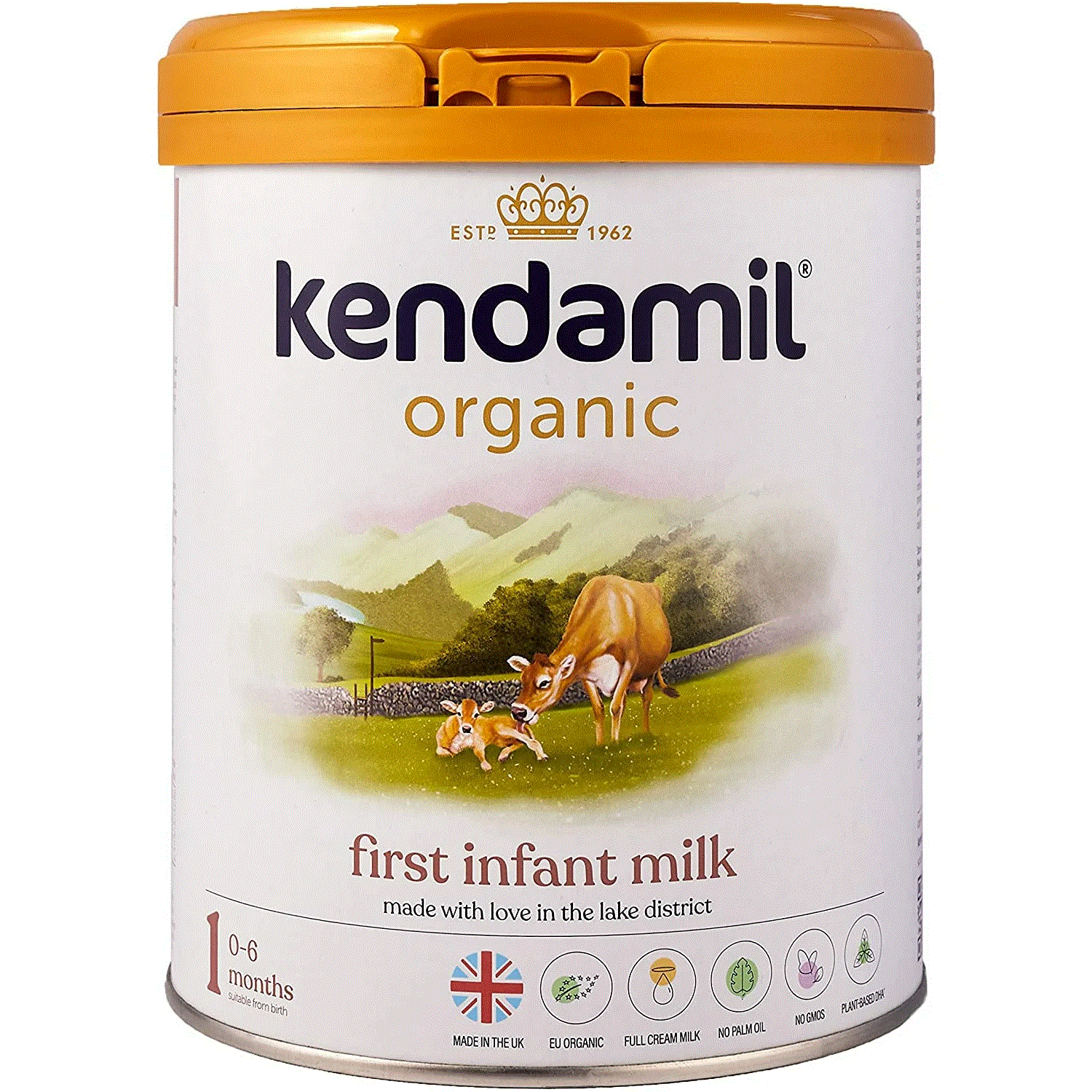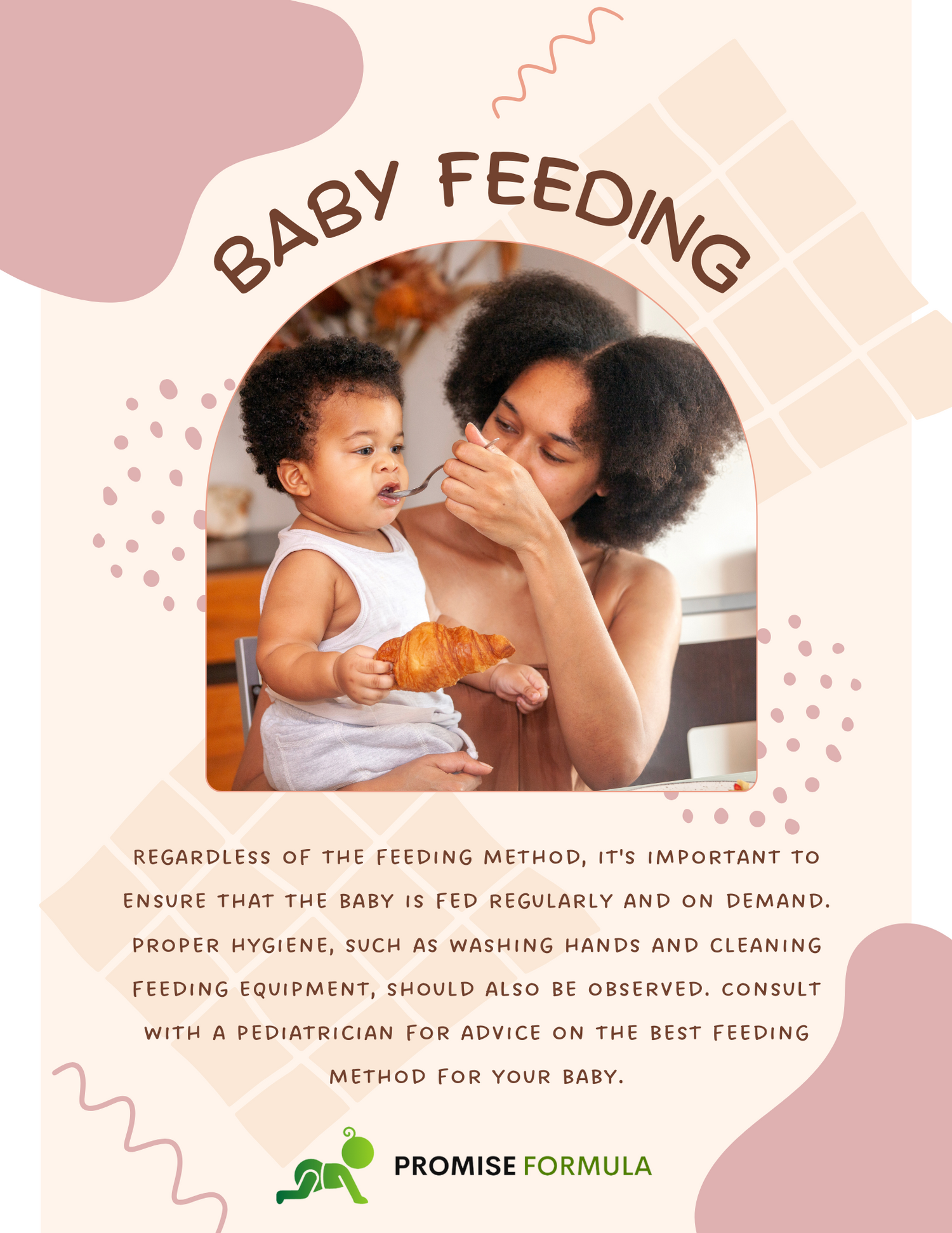In the world of parenting, one topic that's been stirring up curiosity is the choice of baby formula. Specifically, many parents are exploring the option of European baby formula for their little ones. This isn't just a fleeting trend; it's a choice deeply rooted in trust and tradition. Brands like HiPP and Holle have enjoyed solid reputations for years, and some parents even continue to opt for European formula even as their children transition to solid foods. But what makes European baby formula so intriguing, and should you consider it for your child? In this blog, we'll take a deep dive into the world of European baby formula and uncover the reasons behind its growing popularity.
Quality Ingredients: Nature's Best vs. Synthetics
In the United States, conventional baby formula is typically crafted using synthetic vitamins and minerals. In contrast, European baby formula takes a different approach—it's all about real nutrition sourced from natural ingredients.
The difference in quality between European and American formulas is quite striking. Not only is it beneficial for your baby's health, but it can also put your mind at ease. European formulas are packed with superior ingredients that can help bridge nutritional gaps, especially when your diet falls short, or breastfeeding isn't always feasible due to work or other commitments.
Is European Baby Formula Really Superior?
Several factors contribute to the reputation of European baby formula as a top-notch choice compared to its American counterparts:
-
Quality Raw Materials: It all begins with the quality of raw materials. European manufacturers are legally obligated to use milk sourced from cows that graze on lush pastures. This results in milk that's richer in protein than its North American and Canadian counterparts. Additionally, European plant-based proteins often favor whole grains over common allergens like soybeans or nuts.
-
Stringent Manufacturing Process: The meticulous manufacturing process adds another layer of quality assurance. Many European manufacturers employ a "clean room" process originally developed by NASA during the American space program. This method involves thorough disinfection of all equipment and surfaces before each batch is produced, minimizing the risk of contaminants such as salmonella or E. coli bacteria infiltrating the final product.
Going Organic: A Look at Ingredients and GMOs
Much like other consumer products, baby formula can be classified as organic or non-GMO. Organic formulas are crafted from organically grown ingredients devoid of GMOs—no genetically modified organisms are included. Both types of formulas feature fewer chemicals, but it's essential to note that most formulas do incorporate some artificial ingredients that discerning parents may prefer to avoid. If your goal is to minimize potential sources of unwanted chemicals in your baby's diet, consider formulas with fewer artificial components.
Burning Questions and Illuminating Answers:
-
Why the Buzz About European Infant Formulas? Many new parents have embarked on the journey of incorporating European formulas into their infants' diets. The appeal lies in enticing features such as goat milk, probiotics, GMO-free composition, and lactose as the primary sugar source.
-
What's Inside European Baby Formulas, and What's Left Out? European baby formulas feature prebiotics and probiotics, promoting beneficial gut bacteria and facilitating smoother digestion. Notably, they also refrain from including genetically modified or engineered ingredients, ensuring that no GMO elements are part of the mix.
-
Preserving Purity: Synthetic preservatives are commonly used in infant formulas to prevent spoilage. However, European formulas maintain their purity by eschewing artificial preservatives, relying instead on all-natural, safe ingredients.
In conclusion, the choice of baby formula is a significant decision for parents. European baby formula stands out for its commitment to quality ingredients, stringent manufacturing processes, and a focus on organic and non-GMO options. As you embark on your parenting journey, consider exploring the benefits of European baby formula, and consult with your pediatrician to determine the best choice for your child's unique needs.





